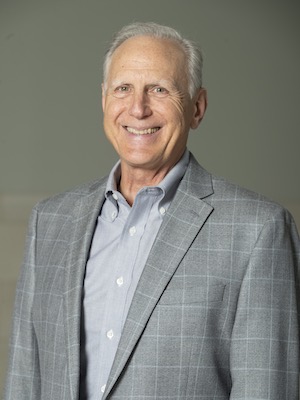
It is amazing how comfortable so many people have become with the embrace of untruths. Including, in large numbers, those who profess to be Christians.
This is not a matter of misunderstanding. It is an intentional choice about where to put one’s stake in the ground.
This fib-filled phenomenon caused me to focus the January-February 2023 issue of Nurturing Faith Journal on this topic. Several articles addressed various aspects of truth decay within the evangelical subculture as well as the larger culture.
In response to those writings, I was invited to make two presentations at the First United Methodist Church of Gainesville, Georgia.
My first concern was how to fill those time slots with worthwhile materials under the singular assigned topic of “truth.” Sadly, there was plenty to talk about.
There is a growing disregard for honesty as a basic Christian, even human, value. Other priorities overshadow the desire for truth.
More specifically, the concept of “truth” so often embraced now is nothing more than whatever brings a sense of comfort to those gripped by the fear of losing their familiar cultural dominance.
Is it so odd to still hold to the belief that truth has more to do with facts than soothing unfounded fears?
One is unlikely to find truth, however, while in full pursuit of comfort and security. And I have reached the sobering and disappointing conclusion that this is indeed what is being sought by many.
Therefore, it is foolish to think that presenting facts (no matter how well documented) will change the mind of someone whose idea of truth is unrelated to facts.
As I shared with the church group, there is wisdom in knowing that many prefer comfortable untruths to uncomfortable truths.
The big question (for which I don’t have a satisfactory answer) is: How do we advance truth in a cultural setting in which truth is not highly valued?
This is particularly challenging when so many Americanized Christians disregard the need for truthfulness as it has long been defined.
Of course, dishonesty is as old as history itself. But there has certainly been an uptick in American political culture — driven largely by a white evangelical subculture — in recent years.
Just look at what this assault on truth has brought into our everyday vocabulary, starting with “alternative facts,” as if truth is a matter of choice.
“Fake news” is invoked to mean that if something revealed is disliked, it is therefore untrue.
The Oxford Dictionary selected “post-truth” as its word of the year in 2016. And Merriam-Webster picked “gaslighting” as its 2022 word of the year.
You smart people can connect any dots linking that time frame. And perhaps you’ve heard another addition to the daily lexicon: “the big lie.”
The wisdom and probability of Proverbs 12:19 tells us: “Truthful lips endure forever, but a lying tongue is but for a moment.”
This moment is lasting much too long — propped up by those who claim allegiance to the one who said: “You shall know the truth, and the truth will set you free” (John 8:32).
Spiritual truth, of course, is more than mere facts. But it is not rooted in fear-driven falsehoods.
The wide embrace of untruths by a large segment of Americanized Christians is best understood in the broader move away from personal morality (which includes honesty) to a focus on protecting “my rights.”
Therefore, just about anything is accepted, tolerated and excused (even if wholly dishonest and destructive to others) if it serves my social goals and defends my cultural dominance.
Through that filter we continue to hear truth called lies and lies called truth.
The late Congressman John Lewis, at heart a Baptist preacher who practiced his youthful sermonizing on a congregation of chickens on an Alabama farm, got to the heart of matter in words and deeds.
“Know that the truth always leads to love and the perpetuation of peace,” he writes in Across That Bridge. “Its products are never bitterness and strife.”
Confessionally, I don’t know how to counter the barrage of untruths we face today — knowing that so many churchgoers have normalized comfortable lies.
So, I’ll go with these practices for now — believing they are more constructive than getting angry or giving up:
- Speak truthfully myself, even when it’s uncomfortable truth.
- Acknowledge verifiable and damaging untruths for what they are.
- Avoid false equivalencies that wrongly assign equal blame to take the spotlight off the harmful untruth that’s rightly been exposed.
- Pay attention to the significant role of fear in fact-less faith — and point it out.
And perhaps take heart in knowing that “the integrity of the upright guides them, but the unfaithful are destroyed by their duplicity” (Proverbs 11:33).
Executive editor / publisher at Good Faith Media.

